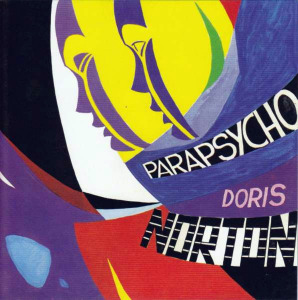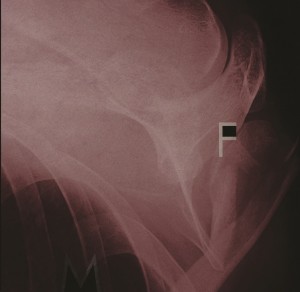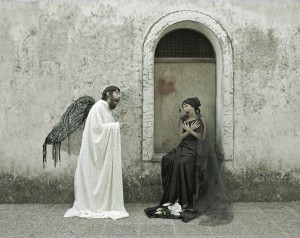(BLACK WIDOW RECORDS/DISCO PIU; Italian import; reissue 2013, original release 1981)
Unless you are a truly smug, know-it-all kinda music reviewer, you don’t proceed totally independently in this game. You wanna find other opinions of weird or obscure offerings; you wanna find out WHERE something belongs in the scheme of things, you wanna discern anything you can about the “artistic intent” of an eccentric artist. Doris Norton is not your garden variety composer, though Discogs puts her in the “Electronica” category. At times like this, I like to go to Amazon to see if any fans chimed in, And God bless “Mr. Benac” for writing the single review that appears of this PARAPSYCHO project, a reissue of a recording that first appeared in Italy back in 1981. Benac writes: “Norton is a strange, strange person and there’s a possibility she’s trying to say something here. However, I cannot grasp it.” That kind of sentiment is catnip for me, so I dove right in. After an unrepresentative, caterwauling sort of opening rocker (the title track), what follows is more or less early prog-influenced instrumental music that leans at times in the direction of the kind of film music you hear in low budget ’70s horror films. This is certainly true of “Telepathia” and to a lesser extent, “Psychic Research.”

It helps to know that Norton was sponsored by Apple Computer in the ’80s, and evidently created a music program for IBM USA. Almost all the music here was made on early synthesizers or keyboard programs, and it has that analogue sound that can sometimes sound quaint or simplistic. However, this is mostly listenable stuff. “Ludus” is a perfectly fine cinematic instrumental just a stone’s throw from MORE-era Pink Floyd, at least until a bit of wah-wah at the end. “Tears” is a straight-up European film music cue (presumably for a non-existent film) that features beguiling wordless female vocals. “Obsession” contains everything both annoying and promising about keyboard-heavy prog in one zippy three-minute burst. And “Precognition,” the last and possibly best track (and a bonus to this 32rd Anniversary Edition), enters Kraftwerk territory, with its forward-thrusting sequencers, occasional robotic vocals, and underlying sense of “something going wrong with machines,” with the ascending alarm-like sound at beginning and end somehow punctuating this. Honestly, this stuff is NOT that strange; Mr. Benac needs to come check out MY record collection sometime. Most of Norton’s stuff sits comfortably at the intersection of European film music and somewhat generic sequencer-based prog. Sure, the curiously titled “Hypnotized By Norton,” at just under 10 minutes, does a mash-up of new age, indie rock and prog that is all-over-the-map kooky, and the previously mentioned title track clubs you over the head in a manner not typical of the rest of what’s here. But I gotta admit, I kinda like most of these tracks. There is purposefulness and, more importantly, a playful, open attitude that comes through in Norton’s performances. I detect, also, a little bit of humor in her attitude towards the vast possibilities of the new technology emerging in music at the time. Come to think of it, most of the titles reflect something having to do with how music and immersion in technology may not always be a good match (“Tears,” “Obsession,” “Parapsycho” “Hypnotized… “

Maybe I’m reaching here, but I’m betting that Norton is not so much “strange” as perhaps a woman who just travels to a different mental and emotional space when she makes music, and determinedly shuts out her husband, kids and everything else that gets in the way until she’s damn well satisfied, sonically. I don’t know her story overall, but she came up with some good stuff, only crossing the line into cloying self-indulgence a few times. Hell, if I were a film director, I’d give her a shot. “Controlled unpredictability” is a good trait in my book.





